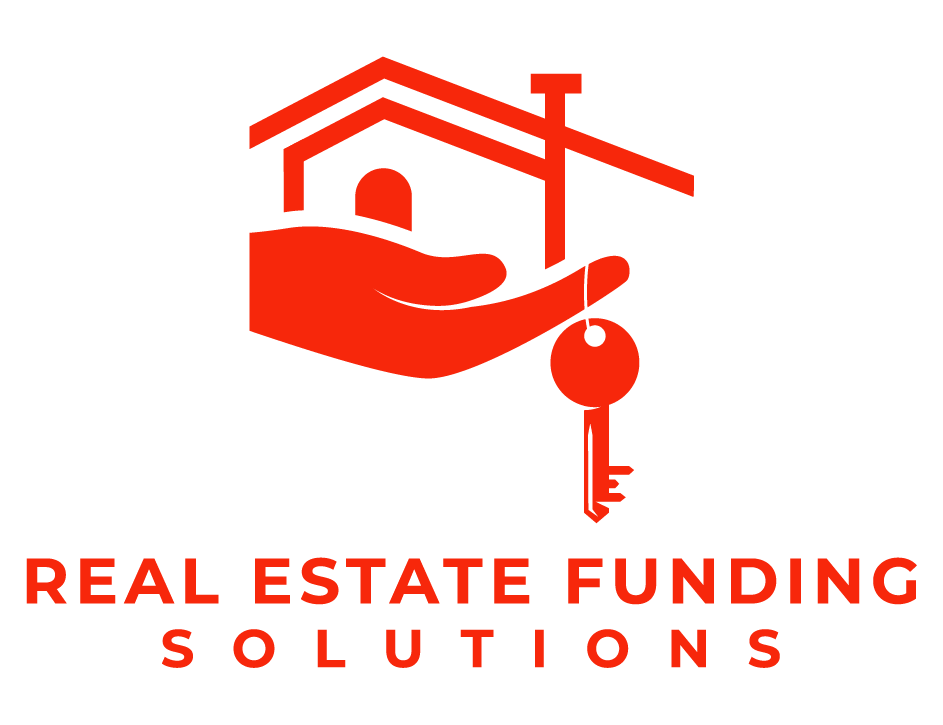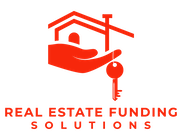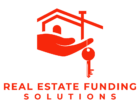The lending environment and its rise in interest rates have impacted the commercial real estate market. Cap rates (capitalization rates) have now been adjusted due to the recent increase in commercial property loan interest rates. All investors buying national and international products at lower Cap rates are now seeing the impact of those changes.
While the constant rise in interest rates puts pressure on real estate investors, it will only affect the market somewhat for occupiers. Demand, especially for industrial needs, is close to an all-time high. So, while commercial real estate investors might need to be a little more strategic in today’s market, industrial users who plan on purchasing a building should not be deterred or worried. This article will focus on the overall effects of interest rates on industrial and commercial real estate markets and how real estate buyers can navigate the headwinds.
How Do Increasing Interest Rates Affect The Market?
There is still a high demand for industrial products and services. Most companies continue to need more space and are having a tough time finding the right location in regions that offer the perfect opportunity since the products available in the market often don’t meet the specifications of modern businesses. Moreover, real estate owners may be inclined to hold onto the estate they once considered selling since they are not as likely to get a reasonable price as they might have a few months ago.
All commercial property investors should still be encouraged to purchase real estate. Developers building on specifications, however, will witness interest rates influence their prospects. This could mean an increase in the rent as compared to what it was a few months ago. Most developers face rapid interest rate increases and continued supply chain issues, which constantly drive up prices.
The question of how rising interest rates affect the commercial real estate market can be complicated. This is because real estate is generally made up of multiple elements. Real estate investors might concern themselves with prices initially, but there are several other areas that you must consider.
Property Prices
In the past, as residential and commercial property loan interests fell, average house prices gradually rose. While changing interest rates impact prices, you must remember they are only one of the elements at play. Real estate prices also get affected by demand and supply, shifting income levels, changing tastes, and several other economic factors.
Nevertheless, our experts have noted that as interests drop, the effect on real estate prices is self-evident. It has been noticed that nearly all rises in the average property prices relative to incomes result from a dramatic, sustained, and consistently unexpected decline in interest rates. When interest rates rise, and costs increase, we may see a reversal of this trend.
Mortgages
Mortgages are another critical part of the real estate market that interest rate hikes affect. Just over a fifth of all mortgage holders have a variable rate mortgage. These mortgage owners will likely see their costs rise along with residential and commercial real estate loan interest increases. Rising interest rates may also lead to new deals becoming more expensive. It may affect people coming to the end of a deal and need to re-mortgage.
Landlords and the Buy-To-Let Market
Commercial property owners tend to face a mixed bag. Rental yields may diminish as higher interest rates eat into the cash flow. Some of these costs can be passed on to tenants through higher rent. However, tenants may need help with higher rates because of which finding renters who can afford the new rents can prove challenging. Some sectors like bulky goods retail parks, city center offices, and multi-let industrial estates may remain safe as costs rise. However, dedicated conference hotels, offices, and shopping centers might be more vulnerable.
What Can We Expect?
After looking at how rising residential and commercial property loan interest rates affect the market, we can see it makes things more expensive. It might interfere with the real estate demand among buyers. However, while slowdowns occur, they are most likely to be short-term. The economy has faced multiple rate hikes, recessions, and several other crises over the years. However, the demand for real estate has always been upward through the decades.
With inflation, labor tensions, and rising rates, it is understandable that some believe in experiencing difficult years. But it would help if you also remembered that the real estate investment market is much more transparent, international, and diversified now than in the past. Our Real Estate Funding Solutions team believes history might rhyme, but it should not exactly repeat. Real estate investors can still be able to benefit from rising interest rates. A rate hike may trigger a rush in demand, pushing real estate prices higher, at least for a while.
Real Estate Funding Solutions Can Help Answer All Your Questions!
You can always contact the Real Estate Funding Solutions team if you have yet to keep up with the real estate market. We can tell you everything about the current market situation and what you should do to adapt. Moreover, our team can also help you find the correct loan terms for your next residential or commercial property loan. Call us at 855-913-8637 for more information.



